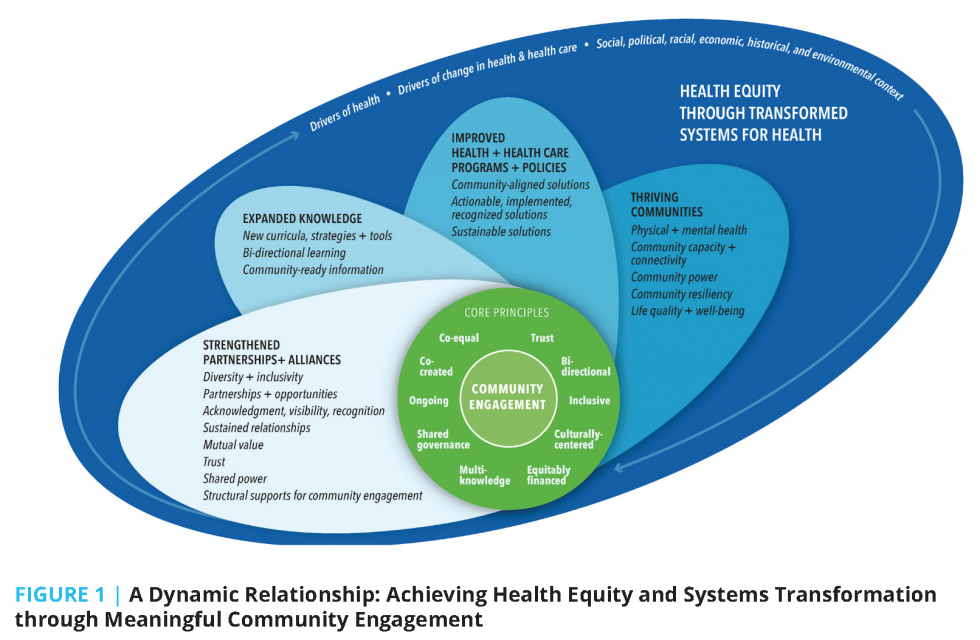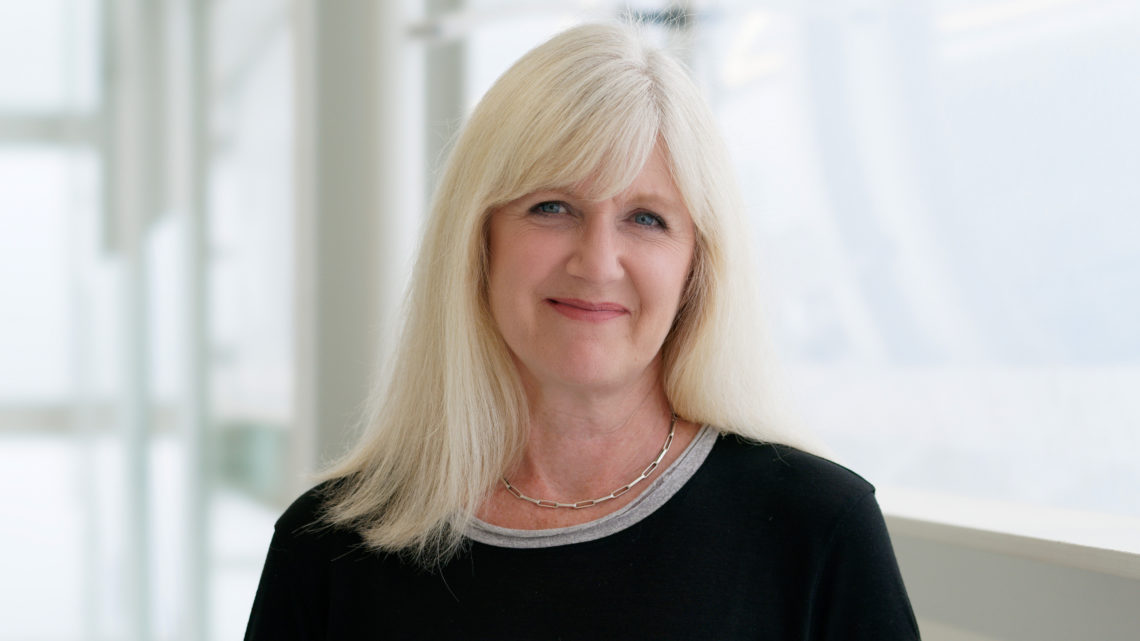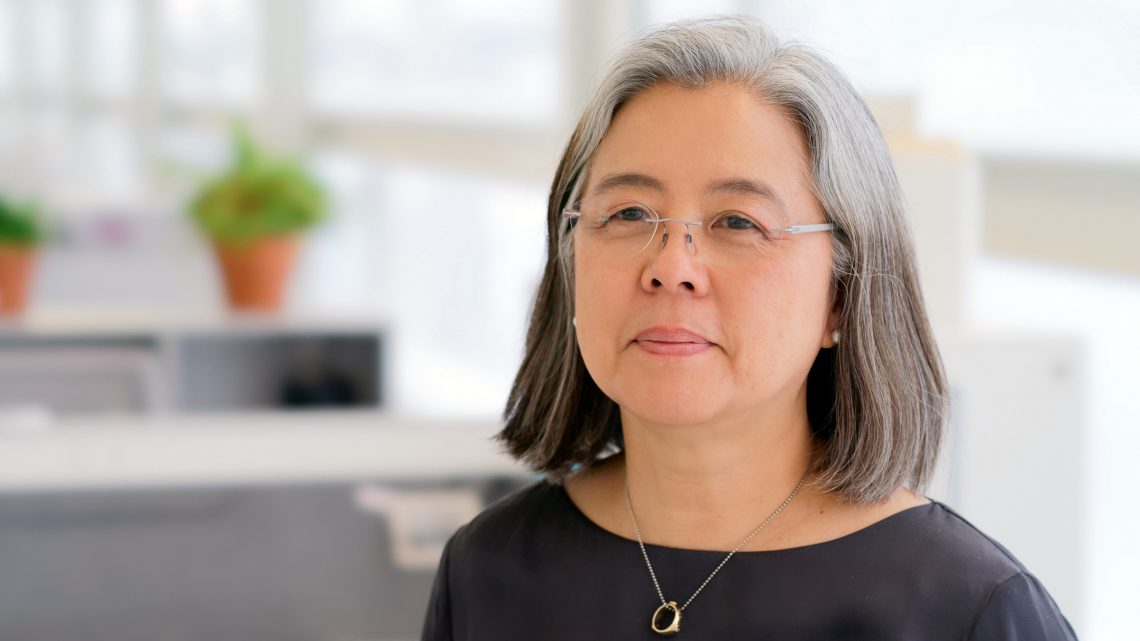Kim Erwin and Tomoko Ichikawa Work with National Academy of Medicine
March 10, 2022


Kim Erwin
ID faculty Kim Erwin and Tomoko Ichikawa have contributed to the National Academy of Medicine’s Assessing Community Engagement (ACE) Conceptual Model, a model for engaging communities that was produced through a process of interviews, prototyping, and testing.
The ACE model seeks to achieve health equity and systems transformation through meaningful community engagement, and illustrates the dynamic relationship between community engagement and improved health and healthcare outcomes.
Kim Erwin served on the National Academy of Medicine’s Organizing Committee and Tomoko Ichikawa designed the actual model, working with Kim and community leaders from across the US. The resulting ACE model, below, describes different types of community engagement outcomes and how they might contribute to health equity.

Assessing Community Engagement (ACE) Conceptual Model
The Organizing Committee began their work by reviewing existing models, finding that “only a few models associated engagement to outcomes, indicators, or metrics.”

Tomoko Ichikawa
The Committee determined that this new model needed to be flexible enough to assess the impact and influence of engagement in any community.
Read “Assessing Meaningful Community Engagement: A Conceptual Model to Advance Health Equity through Transformed Systems for Health” at the National Academy of Medicine for information on how the Organizing Committee arrived at this conceptual model and how it can be used.
This work was made possible by the National Academy of Medicine’s Leadership Consortium: Collaboration for a Value & Science-Driven Health System, with funding from the Robert Wood Johnson Foundation. Both Kim Erwin, Director of the Equitable Healthcare Action Lab at ID, and Tomoko Ichikawa, ID Clinical Professor, have done considerable work at the intersection of healthcare and design in recent years, including with UChicago Medicine, Rush University, and SocialWorks.
On March 23, 2022 at 5:30pm, alumni are invited to hear Kim Erwin’s perspective on how human-centered design and medicine can work together to improve care.